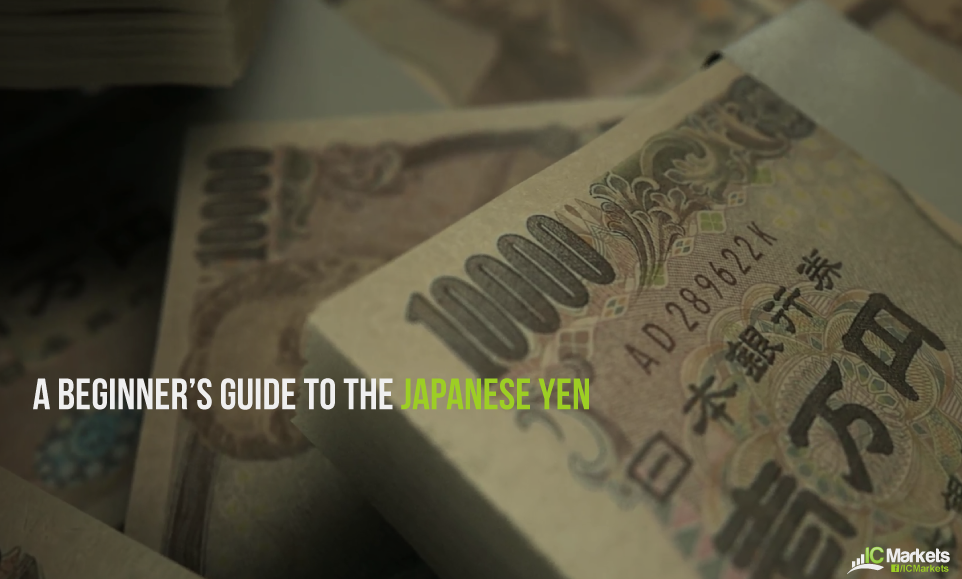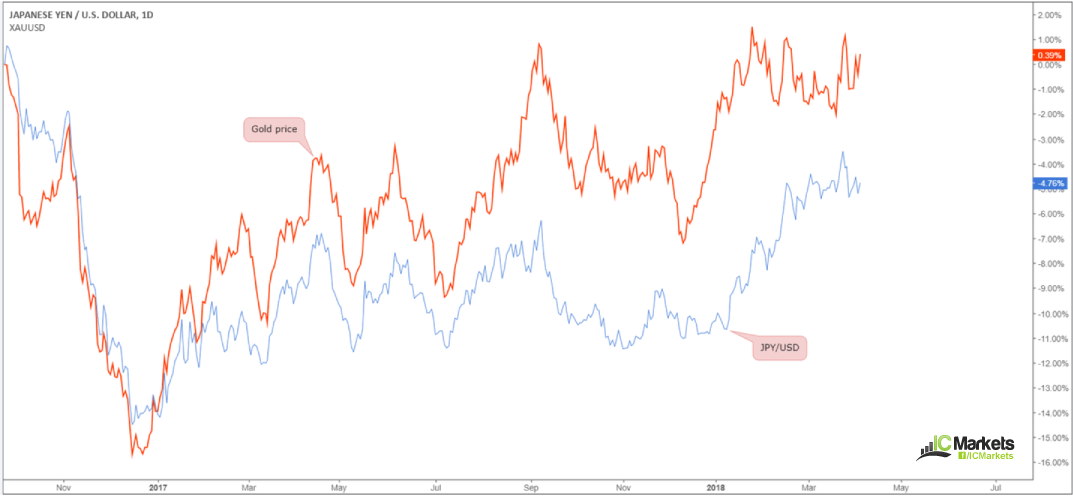Did you know that over 80% of the trading volume in the FX market is dominated by only a handful of currencies?
According to the Bank for International settlements, the Japanese yen is the third largest currency in motion, behind the US dollar and the euro.
Japan is also a highly developed and market-orientated economy, which, according to research, controls the third largest economy in the world by nominal GDP.
The purpose of the following piece is to explore some of the unique factors surrounding the Japanese yen, and more importantly, what generally causes it to stir in the FX market.
The Bank of Japan
The Bank of Japan, or more commonly referred to as the BoJ, is the sole banking facility that issues yen currency. Established under the Bank of Japan Act (promulgated in June 1882), the BoJ plays an important role in determining and enforcing the government’s economic and financial policies. Like other major central banks, its chief mandate is to encourage growth, minimize inflation and set short-term interest rates.
The central bank carries a lot of clout in the FX market. Dovish/hawkish rhetoric from the bank’s governor Haruhiko Kuroda and other members of the policy board are watched closely by traders all around the world, as oftentimes this excites the yen.
Bank events to keep a watchful eye on are as follows:
- Interest rate decisions.
- Press conferences.
- Policy board member speeches.
- The bank’s monthly report.
- Monetary policy meeting minutes.
Intraday movements
Alongside the BoJ, several economic indicators frequently cause short-term exchange rate fluctuations.
Data reports such as Gross Domestic Product (GDP), which measures the annualized change and inflation-adjusted value of all goods and services produced by Japan, and the Consumer Price Index (CPI) that measures the change in prices of a basket of goods and services, tend to have the most notable effect. Also worth noting, though, is Industrial Production. This economic event measures the change in total inflation-adjusted value of output produced by manufacturers, mines and utilities.
While the Tankan survey is not listed as a high-impacting event, it is still worthy of a read. Released quarterly, the survey is considered to be the most complete report of Japan’s economic health.
An important correlation between the Japanese yen and gold
The Japanese yen and gold are two assets that experience similar movements. Proof of this can be seen on the following chart:
As you can see, both markets mirror each other’s movements, almost to the point.
Overall, there is no clear explanation as to why this correlation exists, other than several theories. One such theory is the fact that gold and yen both share the status as a safe haven.
Given the closely mirrored action, this, from a trader’s perspective, is simply not a correlation one can ignore. For example, the XAU/USD has around a 90% inverse correlation with the USD/JPY market, meaning that when the price of gold rallies, the USD tends to sag against its Japanese counterpart. We touched on how to use these types of correlations here: Identifying Correlations
Another correlation to be aware of is the yen and the price of oil. It should not really come as much of a surprise since Japan imports 99% of its oil! This dependence would suggest an inverse correlation between the yen and oil prices, meaning that the yen would logically be expected to increase in value should oil price decrease.
The Japanese yen as a safe-haven currency
During risk-off scenarios, the Japanese yen, on average, tends to appreciate.
The yen, Swiss franc and gold, are widely considered safe-haven assets. This means that in times of economic uncertainty, invertors’ behaviour typically favour the aforementioned assets.
Safe-haven assets tend to have low interest rates, a strong net foreign asset position and deep liquid financial markets. Japan meets all of these conditions.
A few things to keep in mind
- Keep tabs on BoJ movement. As highlighted above, the central bank has a habit of stirring JPY-related currency pairs.
- High-impacting economic releases out of Japan should also be taken into consideration should you look to interact with the currency. Should you consider a trade at a time the central bank is due to make an appearance or a high-impacting event is scheduled for release, it may be best to consider holding fire until the event has passed.
- The yen is a safe-haven asset, boasting a strong correlation with the price of gold. This can be used to confirm trade ideas.






